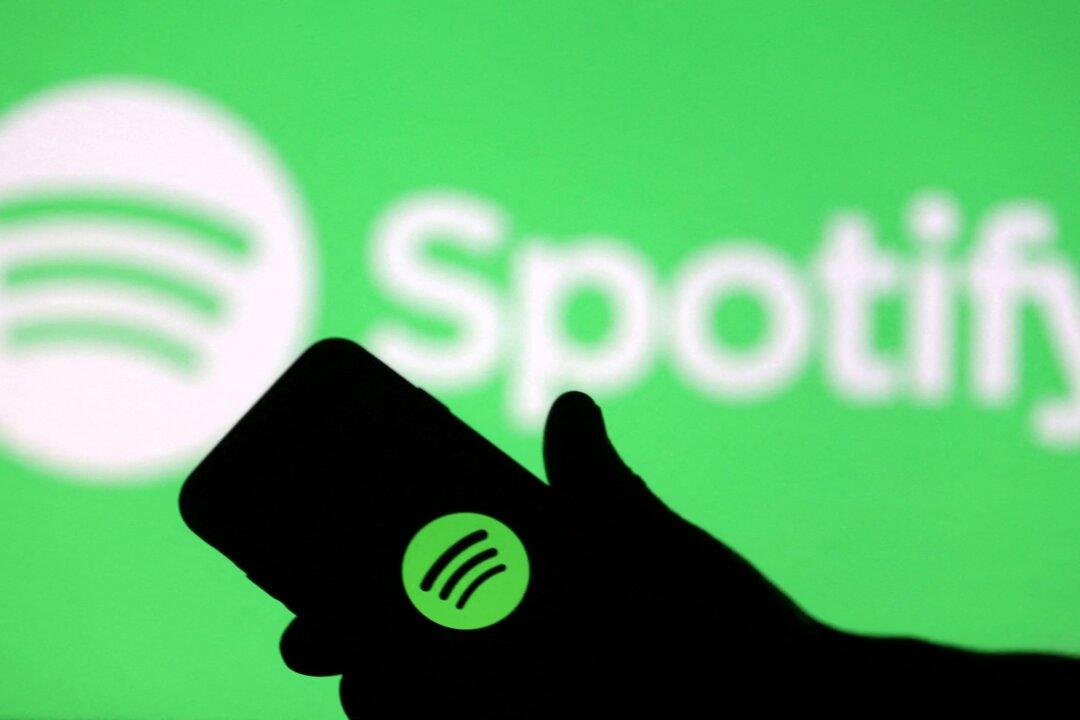Spotify, the world’s largest music streaming platform, has been named in a federal fraud complaint by the largest group of songwriters in the United States.
The National Music Publishers’ Association (NMPA) alleges in a complaint to the U.S. Federal Trade Commission that Spotify is defrauding performing artists and customers alike by bundling audiobooks into its premium music packages.




